Diwali, also known as Divali, is a 5-day Indian festival of lights celebrated by Hindus, Jains and Sikhs. The festival is celebrated during the Hindu lunisolar month Kartika and it takes place from 2 November to 6 November with the main day of celebration on Thursday 4 November in 2021. Diwali is a symbol of "victory of light over darkness, good over evil, and knowledge over ignorance". Each religion marks different historical events and stories. For instance, Hindus celebrate the return of deities Rama and Sita to Ayodhya after their 14-year exile. Some Buddhists also celebrate Diwali so that in addition to India, Diwali is a public holiday in Malaysia, Singapore, Mauritius, Fiji and Nepal too.
According to statistics, the global population celebrating Diwali exceeds one billion.
Related: Marigold, the main flower of Diwali in India
Diwali Traditions
Since Diwali is a public holiday, most of companies are closed in India and people are going back home for celebrations and reunion. Therefore, just like our Lunar New Year, people clean up their houses, shop, visit relatives and give gifts.
- Bless on the Ganges
The Ganges River is the most sacred place for Hindus. During Diwali, devotees will take a bath in the holy river to purify their bodies and souls. When night falls, the devout people fold leaves into a bowl shape, put in oil and wicks and light them, letting their wishes flow along the Ganges to the gods.
- Gold Purchases
The first day of Diwali is “Dhanteras”. Diwali is also celebrated for the birth of Lakshmi, the goddess of prosperity and wealth, so Hindus consider the beginning of Diwali a auspicious day for buying gold, silver, and other metals. It is believed that new "Dhan" (wealth) or jewelries made of precious metal is a sign of good luck. And the consumption of gold jewelry increases by about 20% to 30% during Diwali.
- House Decorations
The second day is called “Naraka Chaturdashi”. Hindus get up earlier than usual, wash their hair and wear new clothes on this day. A hearty breakfast will be served and they enjoy a variety of traditional sweet dishes on the midday meal. Devotees clean their houses and make decorations on the floor, such as Rangolis. In the evening, they light up all of oil lamps and welcome gods. Naraka Chaturdashi is also the day for purchasing festive foods, especially sweets, and the day for visiting friends, relatives and business associates to exchange gifts and have feasts.
- Lamps and Fireworks
Lights and lamps are lit in houses and on the streets during Diwali. On the third day, “Lakshmi Puja”, people go outside for festivities and celebrate new year by lighting up fireworks.
- Visit friends and relatives
In many parts of India such as Gujarat and Rajasthan, the forth day of Diwali, “Balipratipada” is the regional traditional New Year Day. People visit their relatives with gifts and sweets, such as Samosa, Laddoo, Kheer and Petha. Some devotees perform a worship of Bali, a mythical daitya king, also known as Mahabali.
- Feasts
The fifth day is “Bhai Duj”, literally means "brother's day". Sisters invite their brothers for a large meal, showing gratitude to brothers for their protection and solicitude in the past year. Brothers and sisters exchange gifts and bless each other.
Related: 5 Facts You Should Know About Diwali in India
GGB Diwali Deepavali Gifts
To meet the needs of local Indian customers, Hong Kong Give Gift Boutique launched a various India festival hampers, including imported India traditional sweets, Diwali diyas and other high-quality products with Indian style packaging to enable our clients to feel the festive atmosphere and to exchange gifts with friends. In addition, GGB offer overseas delivery service so that our clients can send special gifts and blessings to friends and relatives overseas.
This is a Hong Kong GGB original 'Diwali: The Date, Significance and Traditions' blogpost.
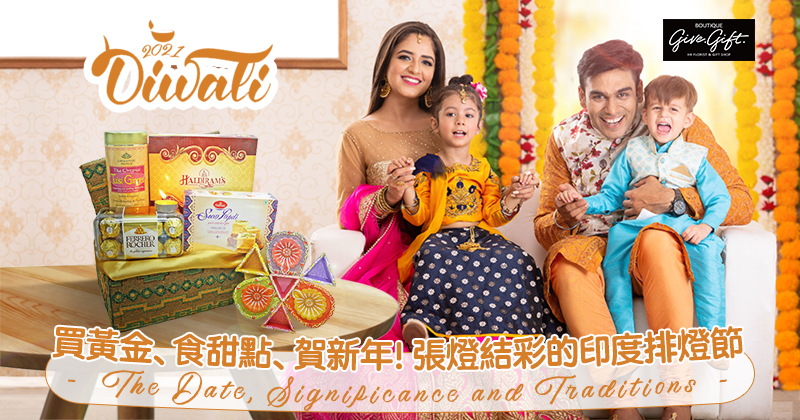
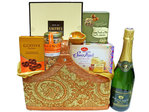
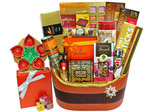
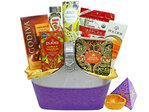
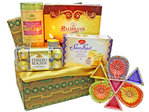

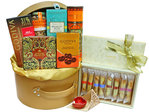


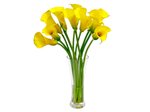

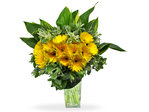


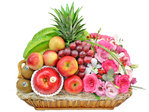


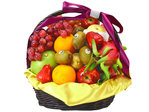
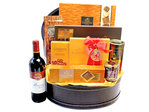
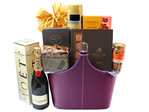



 Share
Share Tweet
Tweet +1
+1  Pin it
Pin it Post
Post  Weibo
Weibo Review
Review

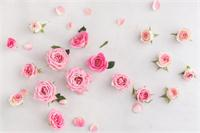
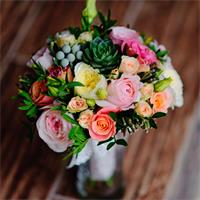
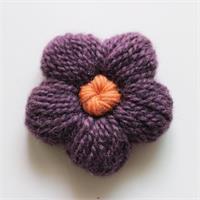
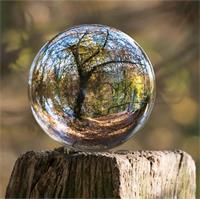
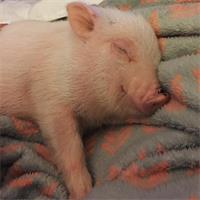
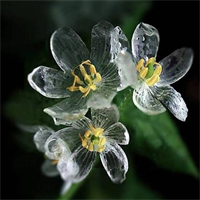
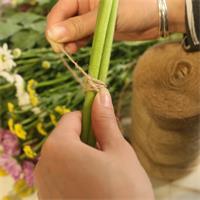
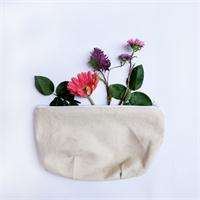




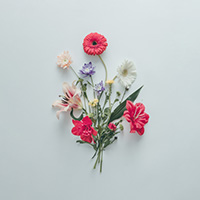
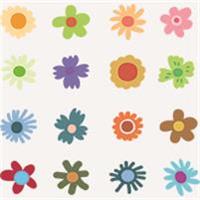
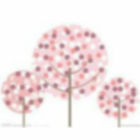



 Diwali Gifts
Diwali Gifts 
 ▶
▶